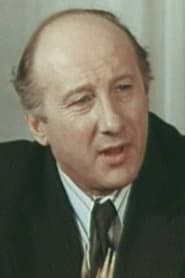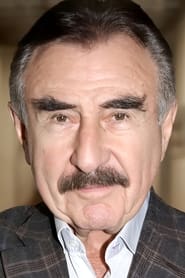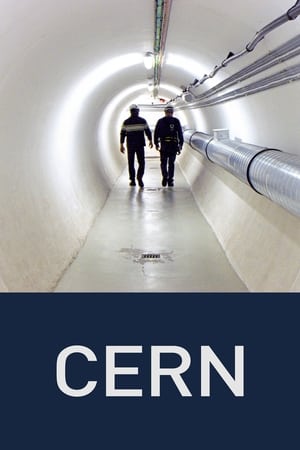
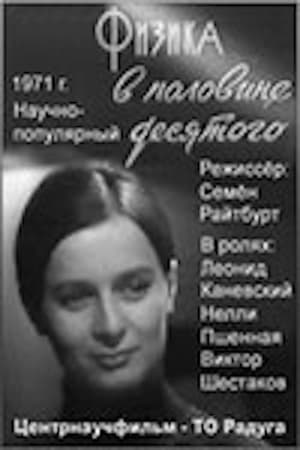
Physics at Half Past Nine(1971)
A physicist, a director of popular-science films, and a sports fan talk about the structure of the atom between periods of a hockey game they watch on TV.

Movie: Physics at Half Past Nine

Физика в половине десятого
HomePage
Overview
A physicist, a director of popular-science films, and a sports fan talk about the structure of the atom between periods of a hockey game they watch on TV.
Release Date
1971-01-01
Average
0
Rating:
0.0 startsTagline
Genres
Languages:
Keywords
Similar Movies
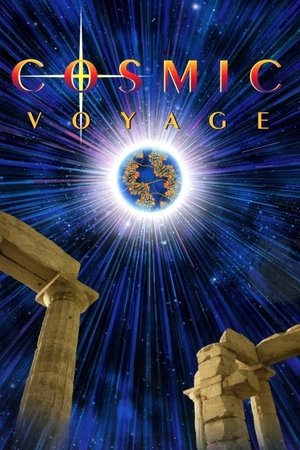 7.1
7.1Cosmic Voyage(en)
The Academy Award® nominee Cosmic Voyage combines live action with state-of-the-art computer-generated imagery to pinpoint where humans fit in our ever-expanding universe. Highlighting this journey is a "cosmic zoom" based on the powers of 10, extending from the Earth to the largest observable structures in the universe, and then back to the subnuclear realm.
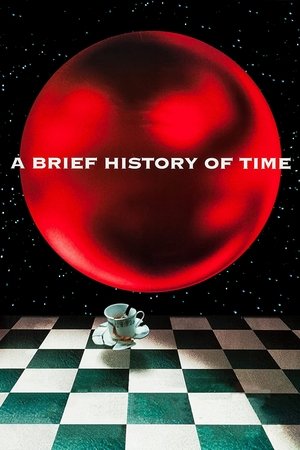 7.2
7.2A Brief History of Time(en)
This shows physicist Stephen Hawking's life as he deals with the ALS that renders him immobile and unable to speak without the use of a computer. Hawking's friends, family, classmates, and peers are interviewed not only about his theories but the man himself.
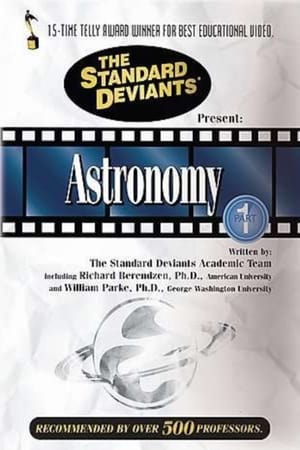 0.0
0.0The Standard Deviants: The Really Big World of Astronomy, Part 1(en)
This series also covers the essential concepts of astronomy: gravity, the light spectrum, Earth's magnetic field, the solar system, the sun, Kepler's Law, the universal law of gravitation, the Doppler Effect, and much more!
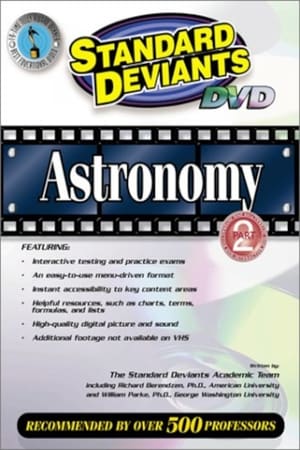 0.0
0.0The Standard Deviants: The Really Big World of Astronomy, Part 2(en)
In Astronomy Part 2, you will learn all about the planets, asteroids, comets, meteoroids, the layers of the sun, fusion, and more. The Standard Deviants make learning astronomy easier with their unique teaching style, which incorporates humor, mnemonics, and sophisticated computer graphics.
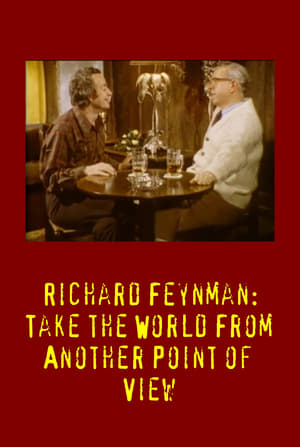 8.5
8.5Take the World From Another Point of View(en)
In 1973 Yorkshire public television made a short film of the Nobel laureate while he was there. The resulting film, Take the World from Another Point of View, was broadcast in America as part of the PBS Nova series. The documentary features a fascinating interview, but what sets it apart from other films on Feynman is the inclusion of a lively conversation he had with the eminent British astrophysicist Fred Hoyle.
Fermilab: Science at Work(en)
Six days. Three frontiers. One amazing lab. From 2010 to 2012, a film crew followed a group of scientists at the Department of Energy's Fermilab and filmed them at work and at home. This 40-minute documentary shows the diversity of the people, research and work at Fermilab. Viewers catch a true behind-the-scenes look of the United States' premier particle physics laboratory while scientists explain why their research is important to them and the world. Scientists included: Brendan Casey, Herman White, Craig Hogan, Denton Morris, Mary Convery, Bonnie Fleming, Deborah Harris, Dave Schmitz, Brenna Flaugher and Aron Soha.
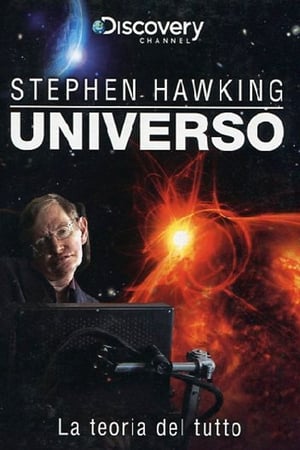 7.6
7.6Stephen Hawking and The Theory of Everything(en)
Twenty years after A Brief History of Time flummoxed the world with its big numbers and black holes, its author, Stephen Hawking, concedes that the "ultimate theory" he'd believed to be imminent - which would conclusively explain the origins of life, the universe and everything - remains frustratingly elusive. Yet despite his failing health and the seeming impossibility of the task, Hawking is still devoted to his work; an extraordinary drive that's captured here in fleeting interview snippets and footage of the scientist sharing a microwave dinner with some fawning PhD students. Though the pop-science tutorials that dapple the first of this two-part biography are winningly perky, Hawking, alas, remains as tricky to fathom as his boggling quantum whatnots
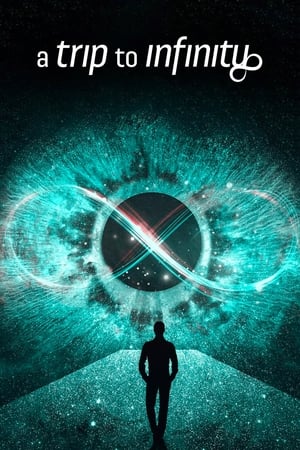 7.2
7.2A Trip to Infinity(en)
Does infinity exist? Can we experience the Infinite? In an animated film (created by artists from 10 countries) the world's most cutting-edge scientists and mathematicians go in search of the infinite and its mind-bending implications for the universe. Eminent mathematicians, particle physicists and cosmologists dive into infinity and its mind-bending implications for the universe.
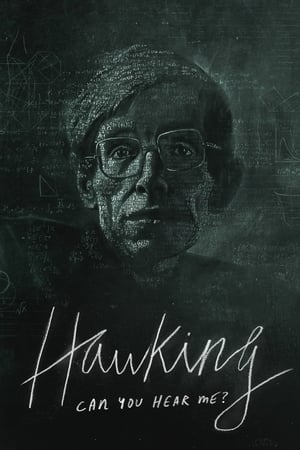 7.0
7.0Hawking: Can You Hear Me?(en)
A documentary telling the remarkable human story of Stephen Hawking. For the first time, the personal archives and the testimonies of his closest family reveal both the scale of Hawking's triumphs and the real cost of his disability and success.
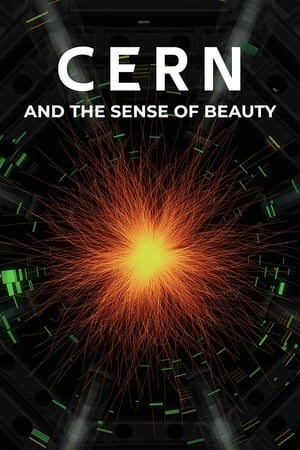 6.2
6.2Cern and the Sense of Beauty(it)
An exploration of the link between science and beauty through the work of scientists at CERN, in Geneva.
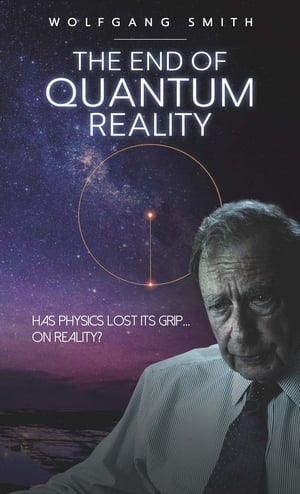 7.0
7.0The End of Quantum Reality(en)
Almost one hundred years ago, the project to reduce the world to mathematical physics failed suddenly and completely: “One of the best-kept secrets of science,” physicist Nick Herbert writes, “is that physicists have lost their grip on reality.” The world, we are now told, emerges spontaneously, out of “nothing,” and constitutes a “multiverse,” where “anything that can happen will happen, and it will happen an infinite number of times.” Legendary reclusive genius Wolfgang Smith demonstrates on shockingly obvious grounds the dead end at which physics has arrived, and how we can “return, at last, to the real world.” The End of Quantum Reality introduces this extraordinary man to a contemporary audience which has, perhaps, never encountered a true philos-sophia, one as intimately at ease with the rigors of quantum physics as with the greatest schools of human wisdom.
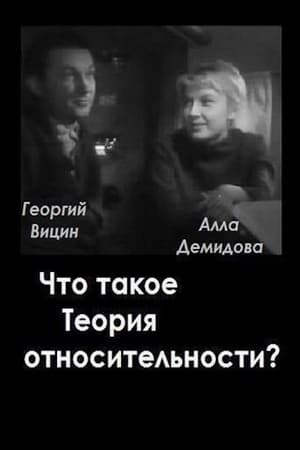 1.0
1.0What is the Theory of Relativity?(ru)
In a compartment of the Moscow-Novosibirsk train, a young physicist meets famous film actors. The conversation accidentally comes to Einstein, and the woman begins to explain to her fellow travelers what the theory of relativity is. The actors are incidentally on their way to the shooting of a film about physicists, but they do not understand the subject at all.
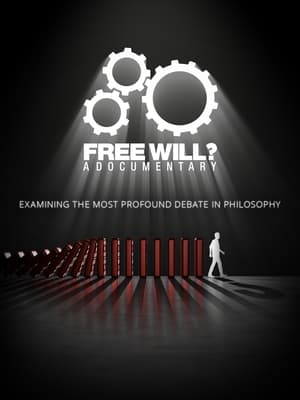 3.5
3.5Free Will? A Documentary(en)
Free Will? A Documentary is an in-depth investigation featuring world renowned philosophers and scientists into the most profound philosophical debate of all time: Do we have free will?
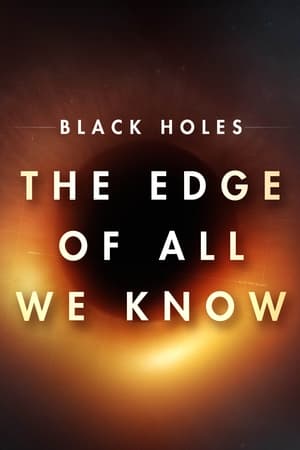 6.6
6.6Black Holes: The Edge of All We Know(en)
Black holes stand at the limit of what we can know. To explore that edge of knowledge, the Event Horizon Telescope links observatories across the world to simulate an earth-sized instrument. With this tool the team pursues the first-ever picture of a black hole, resulting in an image seen by billions of people in April 2019. Meanwhile, Hawking and his team attack the black hole paradox at the heart of theoretical physics—Do predictive laws still function, even in these massive distortions of space and time? Weaving them together is a third strand, philosophical and exploratory using expressive animation. “Edge” is about practicing science at the highest level, a film where observation, theory, and philosophy combine to grasp these most mysterious objects.
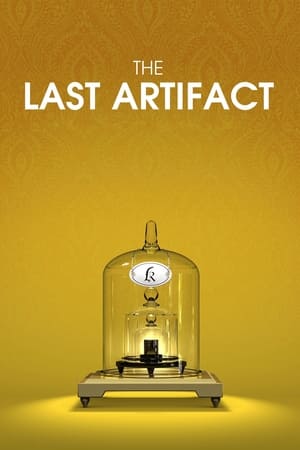 0.0
0.0The Last Artifact(en)
Just outside Paris, France, inside a high-tech vault, requiring three independently controlled keys, rests a small metallic cylinder about the diameter of a golf ball. Encased within three vacuum-sealed bell jars it may not look like much, but it is one of the most important objects on the planet. It affects nearly every aspect of our lives from the moment we are born, to the food we eat, the cars we drive, and even the medicines we take. The Last Artifact follows the high-stakes race to redefine the weight of the world reveals the untold story of one of the most important objects on the planet. The kilogram, the base unit of mass in the International System of Units, helped send humans to the moon and satellites into space. This small hunk of metal is the object against which all others are measured. Yet over time, its mass mysteriously eroded by the weight of an eyelash. A change that, unbeknownst to most, unleashed a crisis with potentially dire consequences.
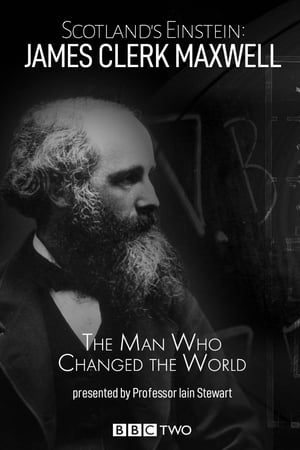 6.5
6.5Scotland's Einstein: James Clerk Maxwell - The Man Who Changed the World(en)
Professor Iain Stewart reveals the story behind the Scottish physicist who was Einstein's hero; James Clerk Maxwell. Maxwell's discoveries not only inspired Einstein, but they helped shape our modern world - allowing the development of radio, TV, mobile phones and much more. Despite this, he is largely unknown in his native land of Scotland. Scientist Iain Stewart sets out to change that, and to celebrate the life, work and legacy of the man dubbed "Scotland's Forgotten Einstein".
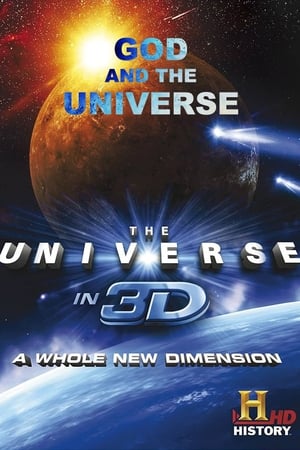 9.0
9.0The Universe: God and the Universe(en)
Where did the universe come from and did a creator have a hand in making it? As scientists learn more about the universe, our ideas about exactly what God made (the earth, the universe, the multi-verse even nothing but empty space) have come into question.
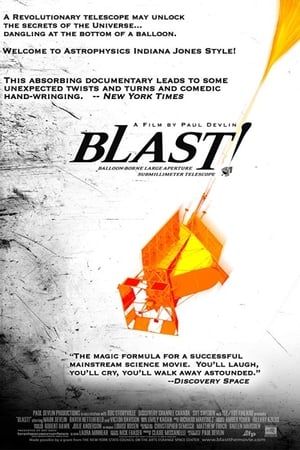 7.0
7.0BLAST!(en)
With extraordinary access, BLAST exposes a world of risky, hardcore, scientific adventure. The story follows an international team of astrophysicists trying to launch a multi-million dollar telescope on a NASA high-altitude balloon. Their journey to discover thousands of early galaxies takes them from the Arctic to the Antarctic. Revealing frustrations, inevitable failures and ultimate triumph, BLAST puts a human face on the quest to answer our most basic question - How did we get here?
